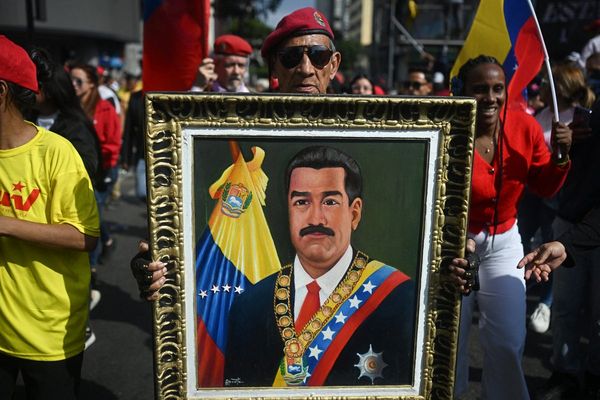
China is expected to double its nuclear arsenal to 1,000 warheads over the next five years, as per a new Defense Intelligence Agency (DIA) report. The DIA had previously estimated China to have 200 warheads in 2020, a number that has now reached 500, with projections indicating it will exceed 1,000 by 2030. The report highlights China's rapid expansion and modernization of its nuclear forces, although its capabilities still lag behind those of the U.S. and Russia.
Over the weekend, China conducted a 'combat control' near an island in response to the U.S.' $2 billion arms deal with Taiwan, which included an advanced air defense system. Taiwan reported detecting 19 Chinese military aircraft, including Su-30 fighter jets, engaged in a 'joint combat readiness patrol' alongside Chinese warships.
Russia, with approximately 1,550 deployed strategic warheads and 2,000 non-strategic warheads, ranks ahead of China in terms of nuclear arsenal. Following China are France, the United Kingdom, Pakistan, India, Israel, and North Korea.



The report underscores China's significant nuclear modernization efforts, surpassing previous attempts in scale and complexity. U.S. officials have sought clarity from Beijing regarding the purpose of this expansion, with limited success. China, under President Xi Jinping, is engaged in a strategic competition with the U.S. for global power.
While China has traditionally adhered to a non-first-use (NFU) policy and advocated for joint commitments to the same, the report suggests a potential shift in Chinese nuclear thinking. There are concerns that China might consider nuclear weapons in a conflict over Taiwan if it perceives an existential threat to the Chinese Communist Party (CCP).
As China's nuclear capabilities evolve, the nation is exploring low-yield nuclear warheads for proportional responses to conflicts. The Pentagon is preparing for potential Chinese military actions related to Taiwan by 2027. Meanwhile, Iran's uranium enrichment activities are escalating, but it is unlikely to possess nuclear weapons currently. North Korea's involvement in Ukraine on behalf of Russia raises fears of Moscow supporting Pyongyang's nuclear programs.







